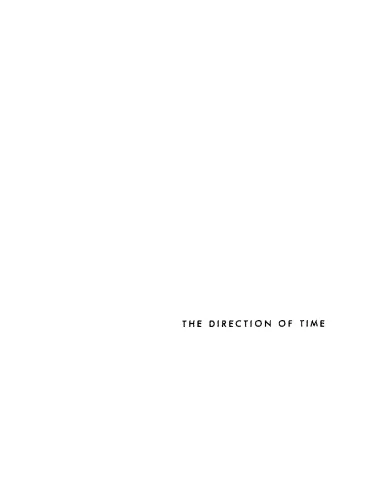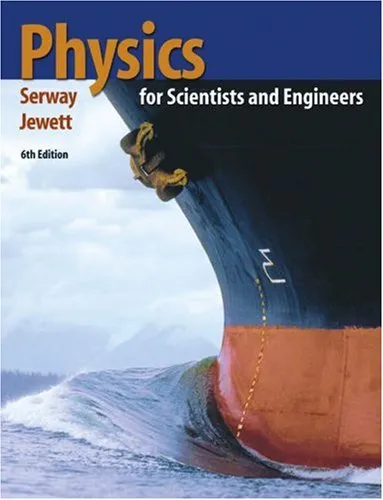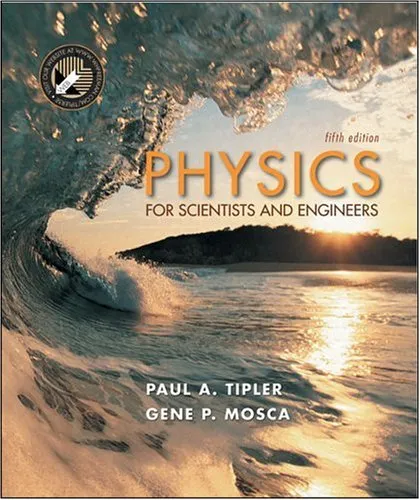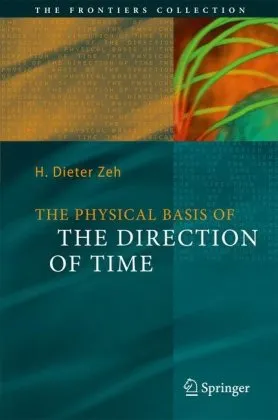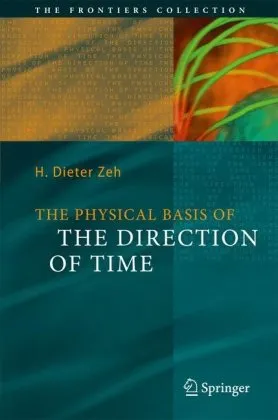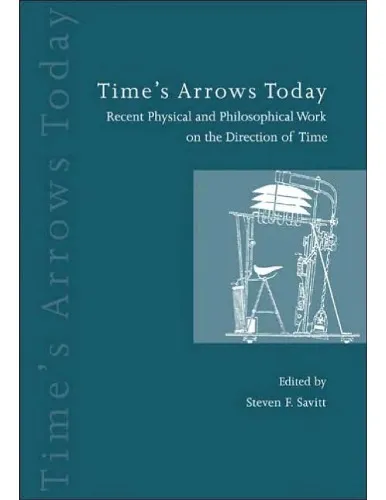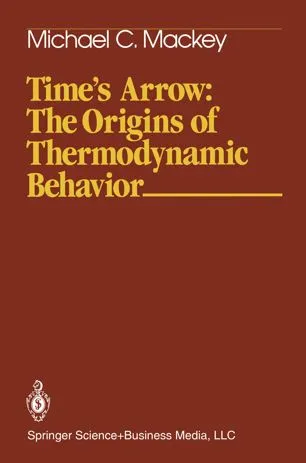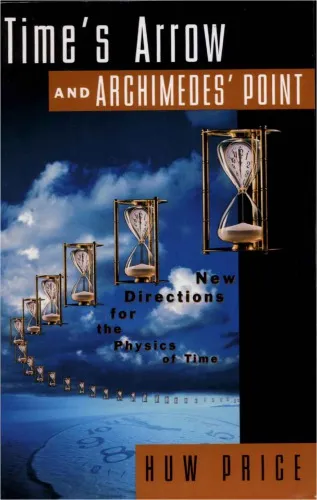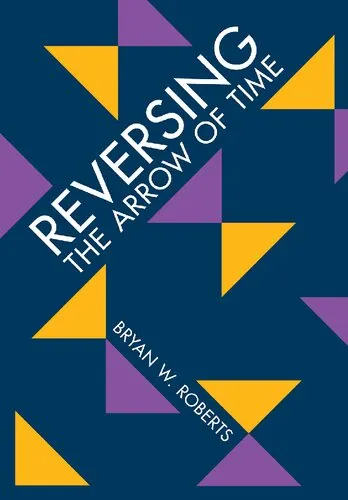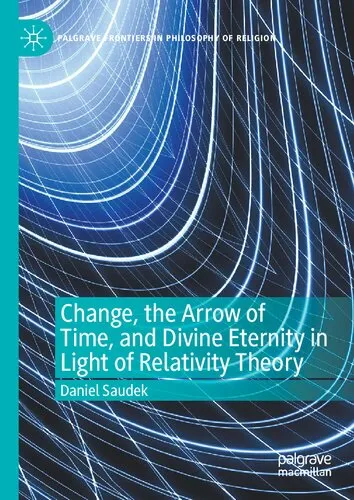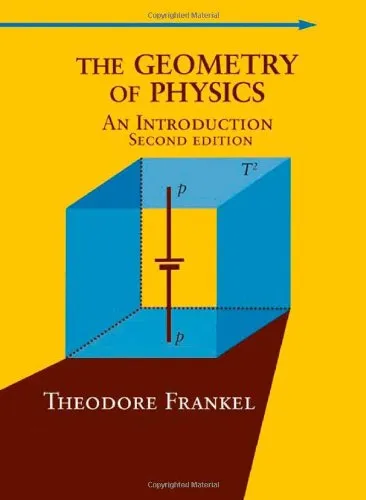The Direction of Time
4.0
Reviews from our users

You Can Ask your questions from this book's AI after Login
Each download or ask from book AI costs 2 points. To earn more free points, please visit the Points Guide Page and complete some valuable actions.کتاب های مرتبط:
Introduction to 'The Direction of Time'
H. Reichenbach's 'The Direction of Time' is a profound exploration of one of nature's most intriguing aspects: the unidirectional flow of time. This philosophical examination dives into the concepts of time asymmetry, causality, and entropy, making it an essential read for scholars interested in the philosophical and scientific analysis of time.
Detailed Summary of the Book
'The Direction of Time' is an investigative journey into the complexities of time and its seemingly irreversible forward motion. Reichenbach, a distinguished philosopher of science, navigates through the intricate web of causality, thermodynamics, and quantum mechanics to answer why time only moves in one direction. The book thoroughly explores the second law of thermodynamics, which asserts that entropy, or disorder, tends to increase over time, thus providing a physical basis for the directionality of time.
Reichenbach also examines the philosophical implications of time's directionality, posing questions about determinism and the nature of past, present, and future. He offers a unique perspective on the asymmetry of time and challenges readers to reconsider traditional notions of causality. Through rigorous analysis, the book dissect concepts such as the arrow of time, statistical mechanics, and past hypothesis, bridging the gap between physical theory and philosophical inquiry.
Key Takeaways
- The concept of time direction is deeply linked to the notion of entropy and the second law of thermodynamics.
- Causality and the asymmetry of time are fundamental topics that go beyond mere philosophical discourse and play critical roles in scientific understanding.
- Reichenbach's theories challenge traditional views of determinism, suggesting a universe where the future is not entirely bound by the past.
- The book provides a comprehensive look at how scientific principles, such as quantum mechanics, intertwine with philosophical questions about the nature of time.
Famous Quotes from the Book
"Time's arrow is a symbol of the unrelenting march from the simple to the complex, from the known to the unknown."
"The philosophical analysis of time is not complete until it has absorbed and synthesized the empirical insights from physics."
Why This Book Matters
'The Direction of Time' is crucial for both philosophers and scientists, providing a rigorous approach to understanding one of life's most undeniable truths: the passage of time. Reichenbach's integration of philosophical and scientific perspectives sets a foundational framework for modern studies on time. For anyone seeking to understand the temporal architecture of our universe, this book offers invaluable insights that inform current debates in theoretical physics and cosmology.
Moreover, Reichenbach's work has inspired a plethora of subsequent research in multiple disciplines, influencing thinkers and scientists across generations. By challenging preconceived notions and embracing an interdisciplinary method, 'The Direction of Time' remains a cornerstone text for anyone fascinated by the intricate dance between time, science, and philosophy.
Free Direct Download
You Can Download this book after Login
Accessing books through legal platforms and public libraries not only supports the rights of authors and publishers but also contributes to the sustainability of reading culture. Before downloading, please take a moment to consider these options.
Find this book on other platforms:
WorldCat helps you find books in libraries worldwide.
See ratings, reviews, and discussions on Goodreads.
Find and buy rare or used books on AbeBooks.
1350
بازدید4.0
امتیاز0
نظر98%
رضایتReviews:
4.0
Based on 0 users review
Questions & Answers
Ask questions about this book or help others by answering
No questions yet. Be the first to ask!
